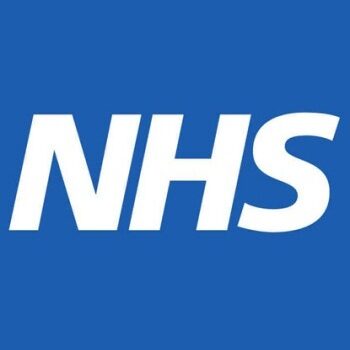Are you entitled to FREE dental treatment on the NHS?
You do not have to pay for NHS dental treatment if, when your treatment starts, you are:
- under 18
- under 19 and in full-time education
- pregnant or you've had a baby in the 12 months before treatment starts
- staying in an NHS hospital and the hospital dentist carries out your treatment
Contributing towards the costs of your NHS dental treatment
If you are not exempt from dental charges you should expect to pay one of the following charges for your dental treatment. The charge you pay depends on the treatment you need to keep your mouth, teeth and gums healthy. You will only ever be asked to pay one charge for each complete course of treatment even if you need to visit your dentist more than once to finish it - either a Band 1, Band 2 or Band 3.

£25.80
This covers an examination, diagnosis (eg X-rays), advice on how to prevent future problems, a scale and polish if needed and application of fluoride varnish.

£70.70
This covers everything listed in Band 1, plus any further treatment such as fillings, root canal work or if your dentist needs to extract one of more of your teeth.

£306.80
This covers everything listed in Band 1 and Band 2, plus crowns, dentures and bridges.
Why do I need a dental check-up?
A check-up allows your dentist to see if you have any dental problems and helps you keep your mouth healthy. Leaving problems untreated could make them more difficult to treat in the future, so it's best to deal with problems early, or, if possible, prevent them altogether.
You may assume you should have a dental check-up every 6 months, but some people may not need to go so often and others may need more frequent checks. Your dentist will suggest when you should have your next check-up based on how good your oral health is.
The time between check-ups can vary from 3 to 12 months, depending on how healthy your teeth and gums are and your risk of future problems.
